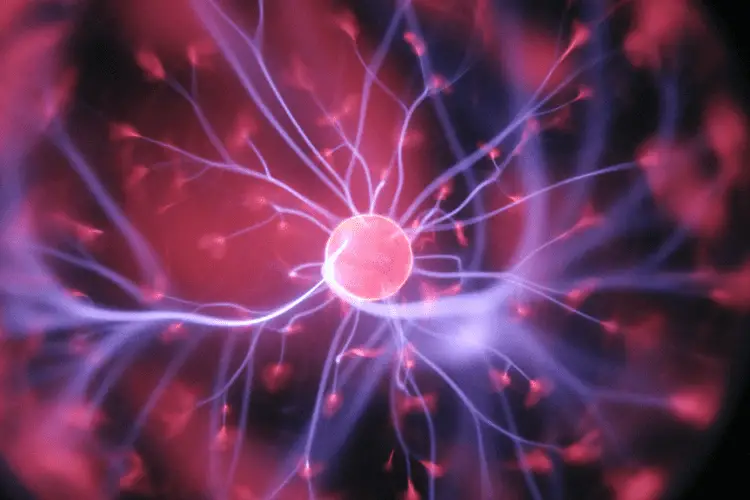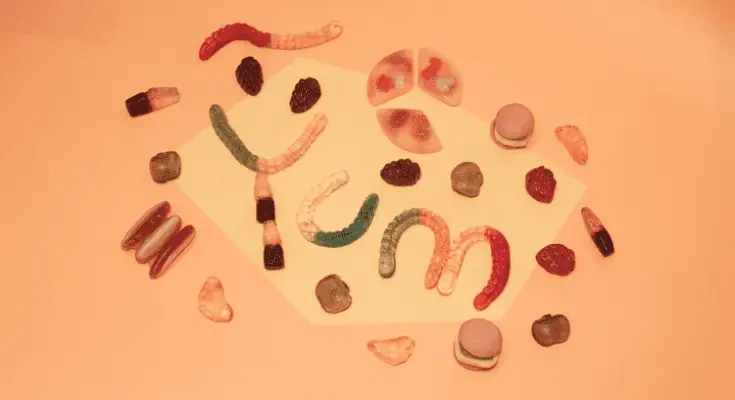High school may have been the place to introduce you to marijuana, and social media must have done its job to get you to know about the popular CBD, but what about CBG? Another cousin of the cannabis family and similarities to both marijuana and CBD, CBG is new to the scene, but it is gaining some popularity.
So what is CBG exactly? Is it better than CBD? This article will tell you all you need to know about this emerging natural compound.
Image source
What is different about CBG?
Let’s start by understanding the cannabis plant in more depth. This plant species contains hundreds of constituents, including several plant-based cannabinoids known as phytocannabinoids. The two most popular phytocannabinoids in the market are cannabinol (CBD) and tetrahydrocannabinol (THC).
THC is the cannabinoid found in marijuana, which causes users to become high. CBD contains a small percentage of THC, which is why it does not cause psychoactive effects. Both CBD and THC are derived from a parent cannabinoid known as cannabigerol acid (CBGA).
Before they become THC and CBD, the two are known as THCA and CBDA because of their acidic forms. When the non-acidic version of the two is derived from conversion with heat, they become known as CBD and THC. CBG is the non-acidic version of the parent cannabinoid cannabigerol acid (CBGA).
This emerging cannabinoid has only just started leaving its mark. Manufacturers such as Steve’s Goods CBG Gummies are working to bring this cannabinoid version to the mass in various forms, from edibles to oil tinctures and more.

Seven fascinating notes about CBG gummies
Now that you know more about the history of CBG, it’s time to learn the fascinating facts about this new cannabinoid.
CBG will not make you high
We have established marijuana’s THC content that causes psychoactive effects while CBD will not make you high. CBG is like the latter in that it will not cause you to get high or experience more anxiety caused by psychoactive effects.
CBG has anti-inflammatory properties
There is minimal research on CBG to date, but researchers have noted the potential anti-inflammatory properties of this cannabinoid. In animal studies, CBG showed potential in aiding inflammatory bowel disorders. These include chronic conditions such as Chron’s disease and ulcerative colitis. It can even benefit people who have incurable Huntington’s disease.
It does so by stimulating the receptors that manage heat sensation and pain. These receptors can affect change in the blood vessels and brain by stimulating the a2-adrenergic receptors.

CBG affects dopamine levels
Dopamine is a vital chemical messenger. It is the one that helps fuel our motivation, attention, memory, rewards, and it has a role in regulating body movements as well. Low levels of dopamine lead to significant issues. Our mood can suffer, as can our memory and motivation.
Experiencing the same wellness dopamine provides may be easy to do with marijuana because of its psychoactive effects, but rather than a temporary high, you can opt for more subtle work with the help of CBG. Preliminary studies show that CBG might boost dopamine levels.
CBD has anti-bacterial properties
Bacterial infections can affect different parts of the body. From strep throat to severe acne issues, arming the body with a natural antibacterial is critical to keeping the body safe from harmful diseases. CBG may have all the anti-bacterial answers you have been looking for.
Early studies show how this cannabinoid has anti-bacterial, anti-septic, and anti-microbial properties. It can even combat the most challenging bacterial components, such as Methicillin-resistant Staphylococcus aureus (MRSA), a type of infection caused by staph bacteria.

CBG can help with anxiety and depression
Similar to CBD, CBG has proven beneficial to ease symptoms of anxiety and depression. Studies on rats have shown this cannabinoid’s work on the GABA and serotonin levels, leading to an increase in both. As a result, CBG helps us experience antidepressant and anti-anxiety effects by infusing us with feelings of well-being.
GABA is an essential neurotransmitter in the brain that helps us relax and react calmly to challenging situations. THC and CBD are both known to help with GABA, but if CBG proves to be more efficient in this area, it could become the new powerhouse cannabinoid to treat anxiety and depression.
CBG for cancer
Although there is no evidence showing CBG as a cannabinoid that can cure cancer, this natural compound can help in other ways. Researchers have noted CBG’s potential to slow down tumor growth. This is what researchers saw when observing CBG’s work on tumor growth in colon cancer. This cannabinoid may even help with breast cancer.

CBG for chemotherapy
Besides its potential to slow down tumor growth, CBG can be an appetite stimulant just like marijuana but without the psychoactive effects. In a 2016 study, researchers observed how rats were hungrier when they were given CBG. This is important news for patients undergoing chemotherapy. CBG could help stimulate their appetite without causing them to become high.
What’s interesting about CBG gummies is that their effects are longer-lasting, unlike oil tinctures or vape liquids. Edibles take an hour or two to work, but their effects can last up to 12 hours. That’s a full day of CBG benefits where you don’t need to take more doses if you don’t want to.
Although early data is promising, what’s tricky about CBG is that a tiny percentage of it is available in the plant compared to CBD or THC. As a result, manufacturers often combine CBD and CBG in products because they are so similar. This makes it far trickier to determine which of the cannabinoids — whether CBG or CBD is doing the work.
While it may be a while until researchers get a better understanding of CBG, it is encouraging to know that two natural compounds might help many people with their health issues without causing damage to the organs.
If you are just beginning your journey through the cannabinoids, remember to always start slow with a small dose and increase if necessary. Moreover, it is best to consult a medical professional especially if you are taking other medication. Cannabinoids can block the work of certain medicines which could prove harmful to your body.
FAQ
What is CBG?
Let’s start by understanding the cannabis plant in more depth. This plant species contains hundreds of constituents, including several plant-based cannabinoids known as phytocannabinoids. The two most popular phytocannabinoids in the market are cannabinol (CBD) and tetrahydrocannabinol (THC). THC is the cannabinoid found in marijuana, which causes users to become high. CBD contains a small percentage of THC, which is why it does not cause psychoactive effects. Both CBD and THC are derived from a parent cannabinoid known as cannabigerol acid (CBGA).
Additional Resources:
CBD Salve
Kratom
CBD Massage Oil



